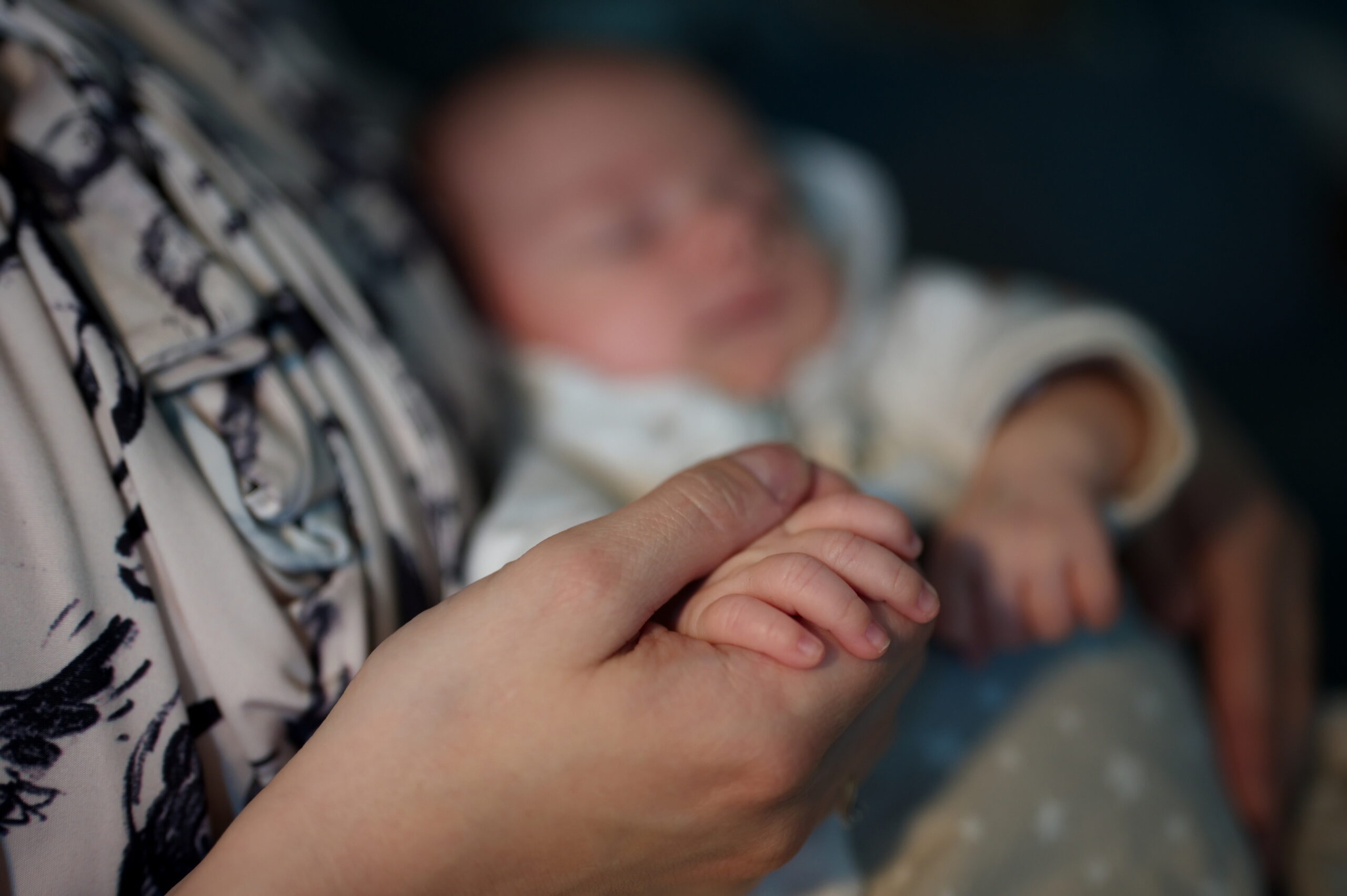Neonatal Opioid Withdrawal Syndrome (NOWS) is a condition affecting newborns who have been exposed to opioids in utero. As the opioid crisis continues to impact families and communities, understanding NOWS is crucial for healthcare providers, parents, and caregivers. Proper management of NOWS is essential to ensure the health and well-being of affected newborns. In this blog, we will explore treatment options and best practices for managing NOWS, emphasizing a compassionate approach to care.
What is Neonatal Opioid Withdrawal Syndrome (NOWS)?
NOWS occurs when a newborn is exposed to opioids during pregnancy and experiences withdrawal symptoms after birth. This exposure may result from the mother’s use of prescribed medications, such as pain relievers, or illicit drugs. Symptoms of NOWS can vary in severity and may include:
- Tremors or shaking
- Excessive crying and irritability
- Sleep disturbances
- Feeding difficulties
- Vomiting or diarrhea
- Seizures (in severe cases)
Early recognition of NOWS is vital for timely intervention and appropriate treatment.
Treatment Options for NOWS
1. Non-Pharmacological Interventions
Before considering medication, healthcare providers often implement non-pharmacological interventions to help manage mild to moderate cases of NOWS. These interventions may include:
- Swaddling: Wrapping the baby snugly in a blanket can provide comfort and reduce symptoms.
- Soothing Techniques: Techniques such as gentle rocking, white noise, or skin-to-skin contact can help calm the baby and improve their overall comfort.
- Minimizing Stimulation: Creating a quiet, dimly lit environment can help reduce sensory overload for the newborn.
2. Pharmacological Treatments
If non-pharmacological approaches are insufficient to manage withdrawal symptoms, pharmacological treatment may be necessary. The most commonly used medications include:
- Morphine: This opioid is often the first line of treatment for moderate to severe NOWS. It helps alleviate withdrawal symptoms and is typically administered orally.
- Methadone: In some cases, methadone may be used to manage withdrawal symptoms in newborns, particularly if they require longer-term treatment.
- Buprenorphine: This medication can also be used to treat NOWS and may have fewer side effects compared to other opioids.
The choice of medication and dosage will depend on the severity of the symptoms and the clinical judgment of the healthcare provider.
Supportive Care
Supportive care plays a critical role in managing NOWS. This includes:
- Monitoring: Continuous monitoring of the newborn’s vital signs, feeding patterns, and withdrawal symptoms is essential for timely intervention.
- Nutritional Support: Ensuring adequate nutrition is crucial for infants with NOWS. If breastfeeding is not possible, a specialized formula may be needed.
- Family Support and Education: Providing education and support to families is essential in helping them understand NOWS and the care their baby requires. Encouraging bonding and involvement in the infant’s care can also promote positive outcomes.
Best Practices for Managing NOWS
1. Early Identification and Screening
Early identification of at-risk newborns is essential for effective management. Healthcare providers should implement standardized screening protocols for all infants exposed to opioids during pregnancy. This includes thorough maternal histories and assessments of newborns for withdrawal symptoms.
2. Individualized Care Plans
Each infant with NOWS is unique, and care plans should be tailored to their specific needs. Collaborating with a multidisciplinary team, including neonatologists, nurses, social workers, and lactation consultants, can help create comprehensive care plans that address both medical and psychosocial needs.
3. Parent and Caregiver Involvement
Engaging parents and caregivers in the care process is crucial for the well-being of infants with NOWS. Educating families about the condition, treatment options, and coping strategies empowers them to participate actively in their child’s care. Additionally, providing resources and support for families affected by substance use disorders can foster a supportive environment for recovery.
4. Follow-Up Care
Ongoing follow-up care is essential for newborns affected by NOWS. This includes regular pediatric visits to monitor growth, development, and any long-term effects of opioid exposure. Coordinating care with specialists, such as developmental pediatricians or mental health providers, may be necessary for some children.
Conclusion
Managing Neonatal Opioid Withdrawal Syndrome (NOWS) requires a compassionate and comprehensive approach that prioritizes the health and well-being of affected newborns and their families. Through early identification, individualized care plans, and supportive interventions, healthcare providers can effectively manage NOWS and promote positive outcomes for these vulnerable infants.
Compassionate Care for Neonatal Opioid Withdrawal Syndrome At Bee Home Pediatrics
At Bee Home Pediatrics, Dr. Margie Diaz-Ochu and her dedicated team are committed to providing compassionate care for infants affected by Neonatal Opioid Withdrawal Syndrome (NOWS). We understand the complexities and challenges that come with this condition, and we strive to create a supportive and nurturing environment for both newborns and their families. By focusing on individualized care plans and early intervention, we aim to ensure the best possible outcomes for our youngest patients.
If you have questions about NOWS or need assistance, we encourage you to reach out. Whether through a direct call at 435-513-PEDS or by visiting our website, we are here to help. Your child’s health and well-being are our top priorities, and we look forward to partnering with you in their care. Together, we can navigate the journey of recovery and support healthy development for your baby.

